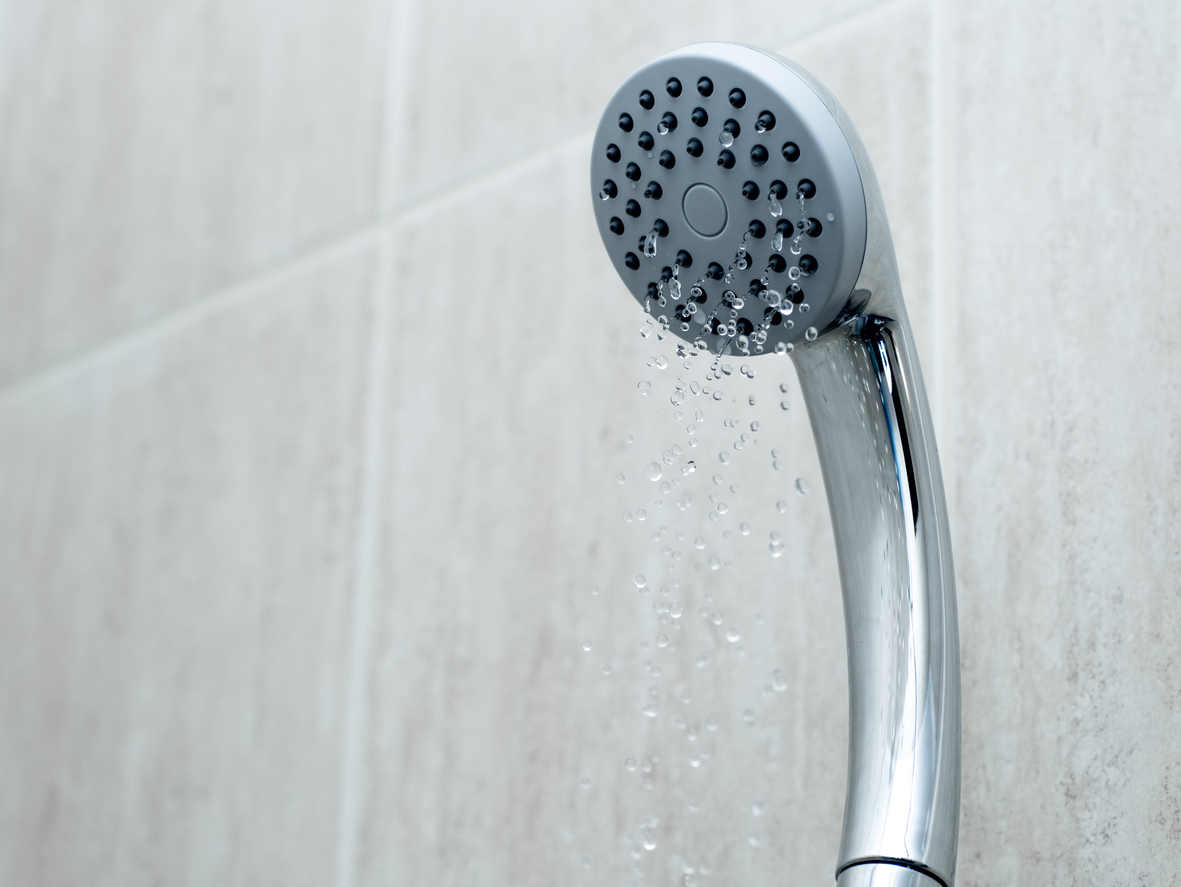As winter settles in, you may notice a frustrating drop in your home’s water pressure. Whether it’s a weak stream from your faucets, slow-filling toilets, or a struggling shower, low water pressure can make everyday tasks difficult. While seasonal changes can affect plumbing, several underlying issues could be causing your winter water woes.
Let’s explore the common reasons for low water pressure in winter and what you can do to restore steady, reliable water flow in your home.

1. Frozen Pipes: A Common Culprit in Cold Weather
Why It Happens
When temperatures plummet, water inside your pipes can freeze, especially if the pipes are exposed to cold air or poorly insulated. As water freezes, it expands, restricting or completely blocking the flow of water through your pipes.
Warning Signs
- No water or significantly reduced flow from faucets
- Frost accumulation on exposed pipes
- Unusual gurgling or clanking sounds when turning on water
What You Can Do
- Keep cabinet doors open to allow warm air to circulate around indoor pipes
- Let faucets drip slightly to keep water moving and prevent freezing
- Apply heat (using a hairdryer or warm towels) to slowly thaw frozen sections of exposed pipes
If your pipes freeze frequently, it may be time to consider repiping with PEX, which is flexible and resistant to cracking when water freezes.

2. Hidden Leaks: A Silent Cause of Water Pressure Loss
Why It Happens
Cold temperatures can cause small cracks or weak joints in aging pipes to widen, leading to leaks. Even small leaks can reduce water pressure, especially if multiple pipes are affected.
Warning Signs
- Unexplained spike in your water bill
- Damp spots on walls, ceilings, or floors
- The sound of running water when all taps are off
What You Can Do
- Inspect visible pipes for moisture or corrosion
- Check water meter readings before and after a two-hour period with no water use—if the number changes, you likely have a leak
- Contact a professional for water line repair services to prevent further damage

3. Municipal Supply Issues: Could It Be Outside Your Home?
Why It Happens
During winter, municipal water lines can experience breaks, leaks, or scheduled maintenance, temporarily affecting water pressure for entire neighborhoods. In some cases, local utilities may lower pressure to prevent pipe damage.
Warning Signs
- Your neighbors are also experiencing low water pressure
- No visible leaks or frozen pipes in your home
- Recent roadwork or water main repairs in your area
What You Can Do
- Contact your local water provider to check for known issues
- If it’s a temporary issue, be patient—water pressure should return to normal once repairs are completed
- If only your home is affected, consider sewage line repair or pipe inspections to rule out internal plumbing issues

4. Sediment or Mineral Buildup in Pipes
Why It Happens
Over time, minerals like calcium and magnesium from hard water can accumulate inside your pipes, restricting water flow. In winter, colder temperatures can cause these deposits to harden more quickly, leading to noticeable pressure drops.
Warning Signs
- Brown or discolored water
- Decreased water pressure in one or multiple fixtures
- Gritty sediment collecting in sink basins or filters
What You Can Do
- Flush your water heater to remove sediment buildup
- Install a water filtration system to prevent future buildup
- If buildup is severe, consider repiping with modern materials like PEX

5. Water Heater Issues: A Seasonal Setback
Why It Happens
Colder incoming water means your water heater has to work harder in winter. If the heater struggles to maintain proper temperature, pressure can drop as a result.
Warning Signs
- Low water pressure only when using hot water
- Fluctuating water temperatures
- Water heater noises (popping, hissing, or rumbling)
What You Can Do
- Check the water heater’s temperature setting (should be around 120°F)
- Flush the water heater to remove sediment that could be restricting flow
- If your unit is old or inefficient, consider a water heater replacement for better performance

When to Call a Professional
If you’ve tried basic troubleshooting and still experience low water pressure, it’s time to bring in an expert. At Da Vinci’s Best Plumbing, we provide comprehensive plumbing repairs, including water line repair services, leak detection, and repiping solutions to restore your home’s water flow.
Our skilled team can quickly diagnose the issue and provide a long-term fix to prevent recurring problems.

Get Your Water Pressure Back—Call Da Vinci’s Best Plumbing Today!
Don’t let low water pressure disrupt your home this winter. If you suspect frozen pipes, hidden leaks, or buildup in your plumbing system, call Da Vinci’s Best Plumbing at (971) 220-8685 or visit our contact page to schedule an inspection.

